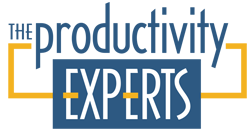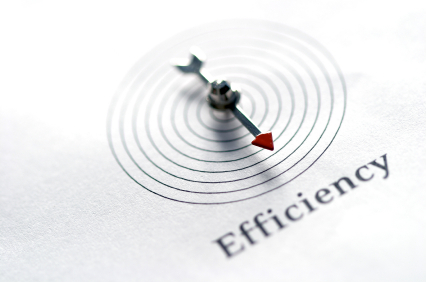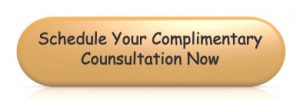If your productivity is suffering right now, you’ll probably blame it on a lack of self-discipline by default. “Work harder,” you tell yourself. “Focus more.” You put your head down and crank up the pressure, but before you know it, you’re back on Tumblr again or simply staring at a blank word document wondering why you let yourself slip into this situation again. You may be surprised to learn, however, that your “push-through-it” mentality may be the real culprit of your wasted hours and ever-growing work pile.
If this sounds like you, you may need to take a look at these three possible productivity killers.
1. You’re setting too many goals for yourself.
Although a healthy amount of ambition is usually rewarded, having too much on your plate can be destructive. Is your daily or weekly agenda realistic? What often happens when we’re making our game plan for the week is that we let our ambition do the thinking for us instead of our senses, which leads to unattainable goals and feelings of failure and inadequacy when we don’t meet them. This practice can also lead to an “all or nothing” mentality, where failure to meet every goal kills our motivation to try for anything.
To prevent yourself from over-ambitious planning, keep a log of what you actually, truthfully accomplish over several days. When you plan for the next week, keep that log in hand as a reminder of your realistic work capacity. If you feel like you can be more productive than what’s recorded in your log, it’s okay to add one or two more tasks to your schedule. Keep the number of added tasks low, though, so you can see how you do with your new workload without overwhelming yourself.
[wpob id=”2″]2. You’re not taking any breaks.
Wouldn’t it be great to be able to power through your workload from start to finish until it’s done? Of course it would, but such a feat would often require us to sit at our screens for 12 straight hours, which is neither healthy nor realistic. Even for people who have the gift of concentrating on a task for hours at a time, the truth is that we all need to step away from our work from time to time. This is not just for our sanity – it’s for our overall productivity as well.
When we focus on something for too long, our brains begin to “check out” because we crave rest and balance by nature. If you’re not giving yourself permission to take a break every couple of hours or so, your body will compensate for that withheld refreshment by seeking it within your work time. This is why we lose our ability to concentrate after working on a project for too long – our brains simply refuse to function until they get a rest. In order to avoid long stretches of hard, shoddy work time, simply take breaks. Every two or three hours, get up, stretch, take a brief walk, or just do something completely unrelated to work. After your brain has the chance to recharge, your productivity will soar once you get back to work.
3. Your workspace is cluttered.
There is certainly some truth to the saying “A cluttered desk is a cluttered mind.” Although many of us might be tempted to discount the importance of keeping our personal workspaces clean and orderly (after all, we often have bigger fish to fry), removing the clutter can have an undeniably positive effect on our productivity. The more clutter we have on and around our desks, the more chances we have to get distracted or simply feel cramped and frustrated by the accumulation of unnecessary objects closing in on us.
Before you begin your next project, take the time to clean and organize your work area. First, take all the non-essential items off of your desk; you would be surprised at how little you’re left with. Next, organize the remaining items in such a way that they’re easily accessible for when you need them, but far enough away from your actual working area that they won’t distract or interfere with what you’re doing. Finally, make a commitment to keep your workspace in that condition. Perhaps you need to write down some rules for yourself about keeping the clutter off or invest in some office storage pieces. Once your workspace is clear, you will be amazed at how much easier it is to get things done and be so much more productive.


